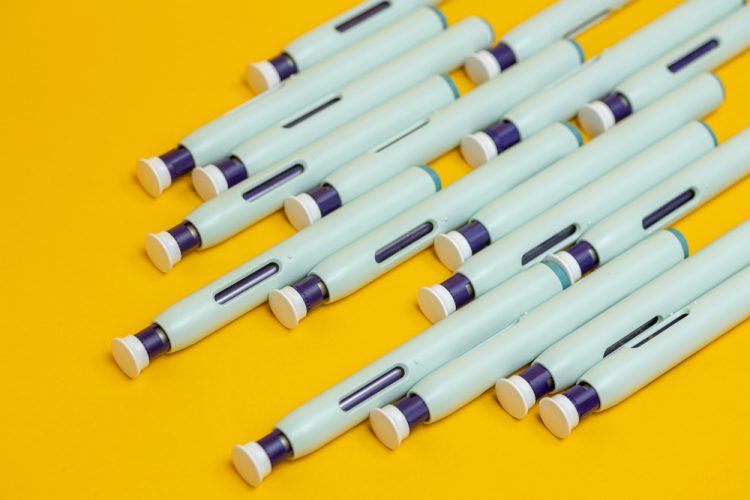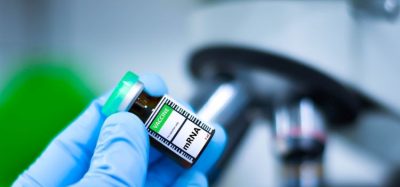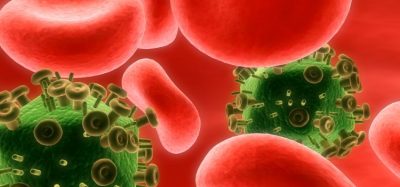EC approves first high concentration, low-volume adalimumab biosimilar
Posted: 16 February 2021 | Hannah Balfour (European Pharmaceutical Review) | No comments yet
YuflymaTM (CT-P17) has been approved for the treatment of thirteen chronic inflammatory diseases, including rheumatoid arthritis, ulcerative colitis and psoriatic arthritis, in Europe.


The European Commission (EC) has granted Yuflyma™ (CT-P17), an adalimumab biosimilar, marketing authorisation across thirteen indications for the treatment of multiple chronic inflammatory diseases.
The approval follows the EMA’s Committee for Medicinal Products for Human Use (CHMP) recommendation that the drug be approved in December 2020.
The marketing authorisation is based on analytical, preclinical and clinical studies, demonstrating that Yuflym is comparable to adalimumab, the reference product, in terms of safety, efficacy, pharmacokinetics (PK)/pharmacodynamics (PD) and immunogenicity up to 24 weeks and one year following treatment.
Based on the results of the pivotal study, a high concentration formulation of Yuflyma has been approved for use in the EU, in patients with these conditions: rheumatoid arthritis (RA), juvenile idiopathic arthritis (JIA), ankylosing spondylitis (AS), axial spondyloarthritis without radiographic evidence of AS (nr-axSpA), psoriatic arthritis (PsA), psoriasis (PsO), paediatric plaque psoriasis (pPsO), hidradenitis suppurativa (HS), Crohn’s disease (CD), paediatric Crohn’s disease (pCD), ulcerative colitis (UC), uveitis (UV) and paediatric uveitis (pUV).
“In Europe, according to IQVIA data, 60 percent of the whole adalimumab market has been taken by high concentration formulation and over 90 percent of the original adalimumab market has already been replaced with a high concentration version. With high concentration, low-volume and consequently less pain, adalimumab can improve treatment adherence at the very least. Therefore, we focused on development of a high concentration biosimilar to provide a significant alternative to the adalimumab treatment category,” explained Dr HoUng Kim, Head of Medical and Marketing Division at Celltrion Healthcare. “In terms of the administration device, we have looked to ensure improved convenience for patients as well as providers with the inclusion of needle size (29G), latex-free to reduce allergy risk and a long storage period or shelf life at room temperature for 30 days.”
Professor Rieke Alten, Head of the Department of Internal Medicine, Rheumatology, Clinical Immunology and Osteology at Schlosspark-Klinik, Teaching Hospital of Charité, Germany, commented: “Over the past two decades, anti-tumour necrosis factor (TNF) biologics have revolutionised the management of chronic immune-mediated inflammatory diseases, but some of the features needed improvement for patients to reach their therapeutic goals. As a physician, we welcome these value-added features such as high concentration and low-volume formulations to reduce injection discomfort.”
The marketing authorisation is valid in all EU Member States as well as in the European Economic Area countries Iceland, Liechtenstein and Norway.
Celltrion said it will take the EC Decision Reliance Procedure (ECDRP) to minimise lead time to launch the product in the UK.
Related topics
Biologics, Biopharmaceuticals, Biosimilars, Clinical Trials, Drug Markets, Drug Safety, Regulation & Legislation, Therapeutics
Related organisations
Celltrion Healthcare, EMA's Committee for Medicinal Products for Human Use (CHMP), European Commission (EC), Teaching Hospital of Charité









